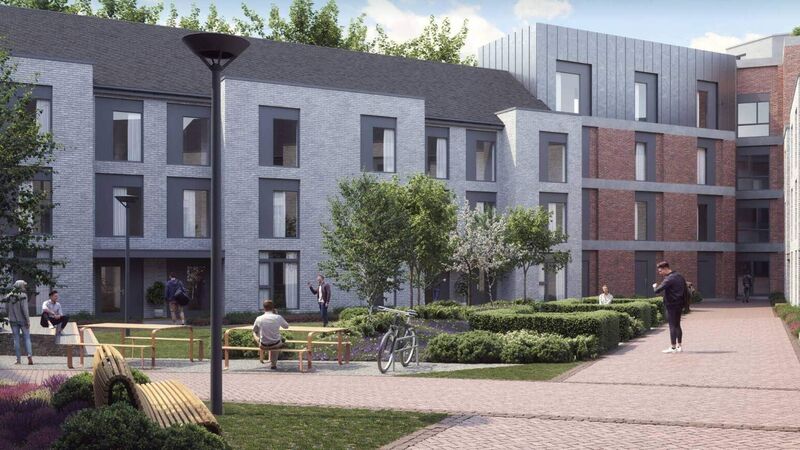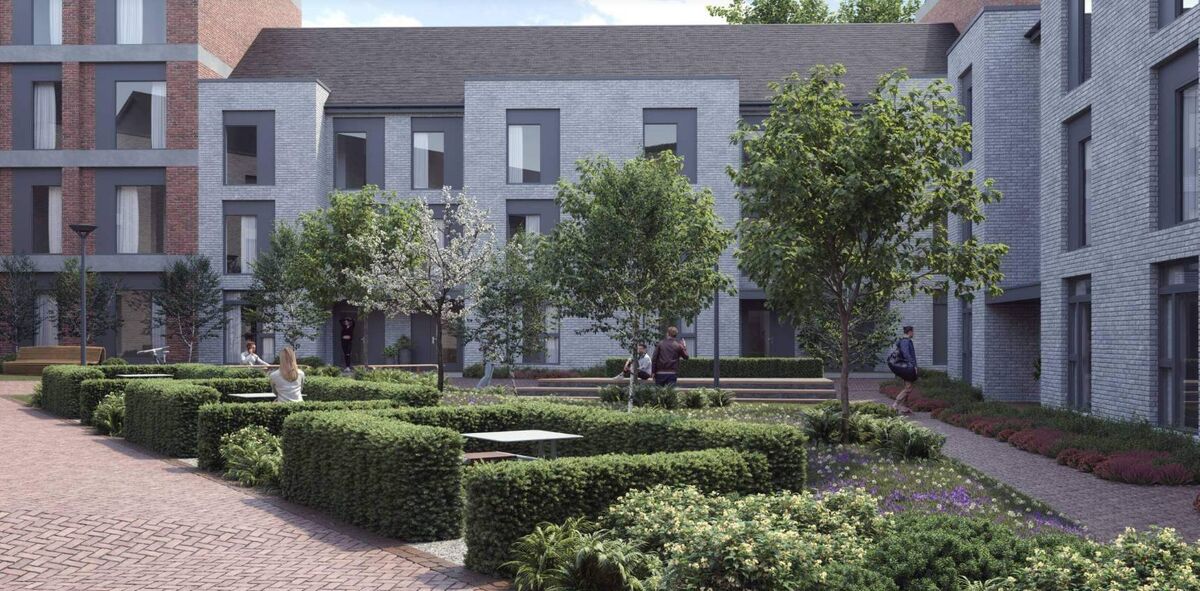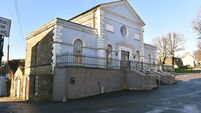Brakes put on Bishopstown student accommodation development following appeals

In December, Nyle General Partner Ltd lodged a planning application with Cork City Council seeking permission for the construction of a purpose built student accommodation complex containing 205 bedspaces.
THE brakes have been put on plans for a student accommodation development in Bishopstown after appeals were lodged in recent days with An Bord Pleanála (ABP).
Last December, Nyle General Partner Ltd lodged a planning application with Cork City Council seeking permission for the construction of a new complex containing 205 bedspaces at a site located at Rossa Avenue.
The applicants proposed to first demolish existing structures at the site before proceeding with the development of 16 three-story townhouses and three four-storey apartment blocks.
The application also included plans for student amenities including a reception, an office, a cinema room, study rooms, lounges, meeting rooms and a games area in addition to a central courtyard and two roof terraces.
While it was contended in documents submitted with the application that the proposed development was designed to provide “high-quality student accommodation” that would “enhance and contribute to the architecture within the locality”, the plans proved contentious, with over 130 submissions and objections lodged.
However, Cork City Council decided to approve the proposed large-scale residential development (LRD) subject to 36 conditions.
In a bid to overturn that decision three third-party appeals have now been lodged with ABP.
Among the concerns expressed in the appeals is a belief that the development as proposed would be incongruous with the existing buildings in the area.

One appeal states that single storey dwellings “predominate the distinctive style of buildings on both sides of Rossa Avenue and in the nearby estates of Uam Var and Benvoirlich” contending that the development proposed for the subject site is “disrespectful of the distinctive characteristics of the surrounding area and demands a full considerate re-think by the applicant”.
Those appellants claim the development as proposed would “result in a diminution in the use, enjoyment and residential amenities of the area”.
They further add that they would “gladly engage with the applicant to assist in devising an alternative solution” which they say “would be to the benefit of all”.
Another appeal echoes concerns regarding the scale of the development, submitting that the proposed three and four storey buildings are “not in keeping with the developments in the area over the last few decades”.
The appellant argues that the development would be “overbearing” and would overshadow their property.
Other concerns include the lack of car parking spaces provided as part of the proposed development.
One appeal argues that it is “not only unsustainable, but incredible to expect that out of the 205 bed space provision there will not be any resident who will rely on a car for either day time use, or in arriving at, and departing from the complex from weekend to weekend”.
Another noted while the close proximity of the proposed development to MTU would mean that students would not need a car to travel to college, the lack of parking does not cater to those students who do have cars and will need somewhere to park them.
“This will mean a significant increase in congestion and will result in more cars parked permanently in the residential area,” that appellant said.
ABP is due to make a decision on the case by July 10.







 App?
App?


